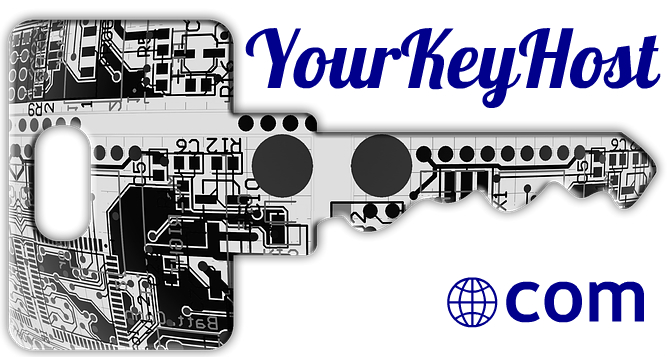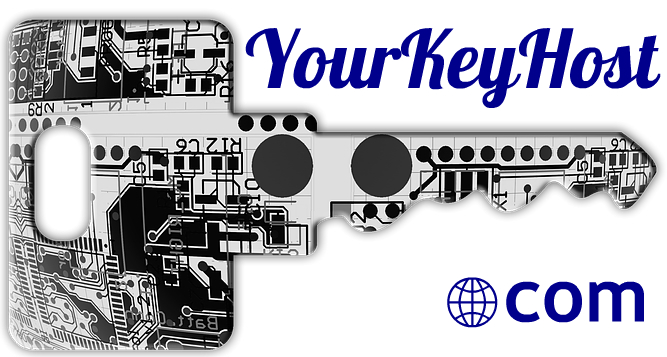There has never been more information in the world, yet the financial crisis that started in 2008 showed that more information does not necessarily lead to better decision making.
There can be too much of a good thing. The free flow of information is absolutely essential to the functioning of a modern society. However, too much information can be even more damaging than too little. It can give people a false sense of power.
In previous financial crises, there was a better understanding of the working of the system. Today, our global financial system has become so complex that nobody really knows how it works.
In the financial crisis of 1907, “J.P. Morgan and his men had direct access to the books of nearly every troubled institution, enabling them to fairly appraise their value,” Robert Bruner and Sean Carr write in the book, The Panic of 1907. Today, that’s not the case.
“The ability to create, accumulate and distribute information is incalculably greater today than ever before and the pace of each of these activities is breakneck and increasing,” Stephen Spinelli Jr., President of Philadelphia University wrote in 2009. “No one knows how to effectively manage and discern the value and complexity of this information.”
There is an argument that information overload is only an issue for older people (those over 30). “The Blackberry is a source of information overload to people who experience information overload – mostly those over age 30,” according to a Business Week article. Is that true? In testing we see that younger people have even less patience on a website. If they don’t find what they want almost immediately, they give up.
A 2008 Associated Press study on how young people consume news found that participants “showed signs of news fatigue; that is, they appeared debilitated by information overload and unsatisfying news experiences. Many consumers in the study were so overwhelmed and inundated by news that they just did not know what to do.”
The technology utopians tell us that the problem is not too much information. What we need are better filters, better ways to search. That’s like saying we need a better alternative to oil. Yes, absolutely, but right now we don’t have that better alternative. We can’t just wait around for the better filters to arrive.
The other problem with the better filter approach is poor quality information. If the information is out of date or plain wrong, then how do you filter it? If the information is badly written and confusing, then how do you filter that? If the information is badly organized and has no metadata then how do you filter that? Filters are not magical.
There is a greater need today than ever for professional editors and librarians. People who can maintain quality standards when it comes to content. People who know how to organize a website from the point of view of the customer. When it comes to information, we really need to shift back to a focus on quality, not quantity.

